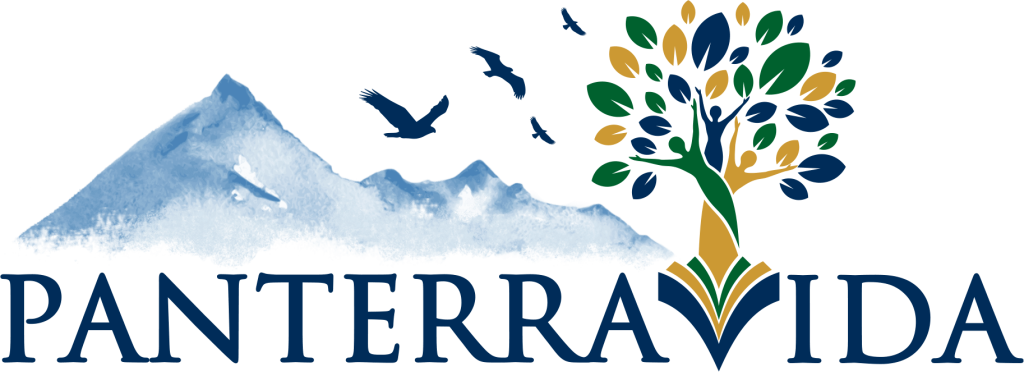An Extract from Part 4 | An Overview of the World System of Bondage
The Public Body is the equivalent of the Civil Body, which takes us back to the Roman Civil Code.
The Latin word civitas defined as “the social body of the cives, or citizens, united by law (concilium coetusque hominum jure sociati). It is the law that binds them together, giving them responsibilities (munera) on the one hand and rights of citizenship on the other. The agreement (concilium) has a life of its own, creating a res publica or “public entity” (synonymous with civitas), into which individuals are born or accepted, and from which they die or are ejected. The civitas is not just the collective body of all the citizens, it is the contract binding them all together.”
Take note of the two phrases that are highlighted, the first indicating the co-relationship between responsibilities and rights. This is how the function of the “civil system” is established by creating the binding contract with the State as the provider of privileges and benefits (civil rights) in exchange for responsibilities (adherence to the binding civil codes of procedure). By acceptance, this establishes the binding contract that is affirmed and reaffirmed over and over again (by everyday acts such as writing checks, paying bills, acceptance of licenses, etc.) to bind the citizens to the control of the State, which includes the creation of public funds under public policy, binding all the citizens together into the Civitas. Further, we must note that the term “citizen” (a cive, from which we derive the word civilian) is ultimately defined as “property of the State”.
Part 4 of 21
An Overview of the World System of Bondage and Separation from life.
Thus, the public or civil body is a containment field, the concept and legal construction of which was created in the Roman period so that those without standing to actually hold an estate could be lifted off the land, held within such containment, and basically “chattelized” (to coin a phrase), to be contained as the chattel property of the State and thereby to be utilized by what we now call the elite, those with standing. Chattel is movable property, not attached to the land. The word is phonetically related to the words cattle and capital. Cattle are the stock held in the stockyard, the equity value derived from the land upon which they are grazed. They are counted “per capita” or “by the head”.
It is no different than the people as chattel property that graze the plantation of the modern economy to create corporate stock as equity, that is traded and monetized on the “stock market” and thereby become capital to be used to create public funds as currency. All colonies of the British were referred to as plantations.







